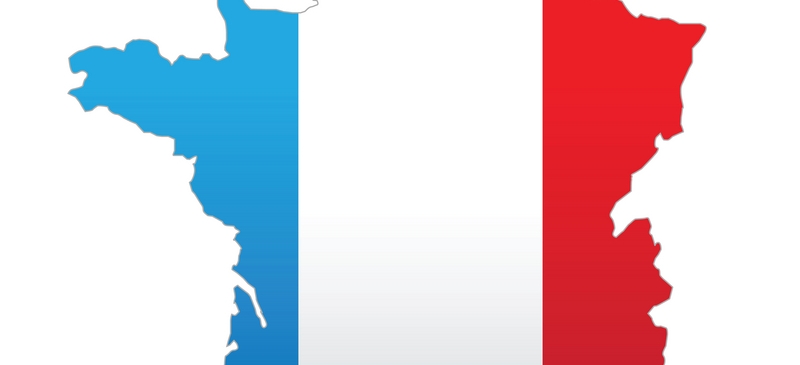
Defrosting the entente glaciale
When Britain and France fall out, they damage not only each other but also the United Nations, NATO and the EU's embryonic foreign and defence policy. So long as Jacques Chirac and Tony Blair remain leaders of rival European gangs, a harmonious transatlantic relationship is impossible.
Yet neither Blair nor Chirac seem to be trying very hard to make peace. Some (though not all) British officials talk of isolating France and 'peeling off' Russia and Germany from their alliance with it. Some (though not all) French officials argue for a 'core Europe' that would exclude Britain, or claim that the Chirac-Schröder-Putin alliance should become the 'base' of France's future foreign policy. Such attitudes will deepen the rift between 'New Europe' and 'Old Europe'.
And yet, Britain and France agree on most of the key foreign policy challenges. They think alike on the future of the Balkans. They want to implement the 'road map' for Middle East peace, and to engage with Iran. They support the International Criminal Court, the Kyoto Protocol, the Comprehensive Test Ban Treaty and the enforcement mechanism of the Biological Weapons Convention all of which the US opposes.
The problem is that they do not agree on what to do if America strongly opposes the European line. The British tend to shift their stance towards that of the US, in the hope of gaining influence in Washington. The French tend to criticise the US in public. So although they now agree on the Middle East peace process, what if President Bush fails to apply the kind of pressure on Ariel Sharon that most Europeans expect? It is easy to imagine that Britain and France would pursue different tactics.
More fundamentally, the British want a strong EU so that it can be a useful partner in helping the US to sort out the world's problems. If Europe's stance is generally co-operative, thinks Blair, the US is more likely to listen. But the French want a strong EU that is capable of standing up to the US, and preventing the emergence of what Chirac calls a 'unipolar', meaning a US-dominated, world. They believe that the US will not respect Europe as a partner unless it is sometimes prepared to say 'non'.
Blair and Chirac should work to reconcile their views on how to deal with the US. Blair needs to become less unconditional and uncritical in his support for the US. He and his ministers do not have to make substantive shifts in foreign policy. But they need to tell a different story to the public, stressing that in most respects British foreign policy is European policy.
Similarly, Jacques Chirac could achieve a lot by changing his language. Instead of talking of a 'multipolar' world which goes down better in Moscow and Beijing than in most European capitals he should talk of a 'multilateral' future, for that word unites Europeans. When necessary, of course, France should oppose the US on big questions, such as whether to start a new war. But it should stop needling the US on the little issues that are more theological than substantive such as the block on NATO aid for Turkey in February and which lose France friends in many parts of the world.
Britain and France should agree to back the idea of a strong EU which is capable of acting autonomously, which normally supports the US, but which is occasionally prepared to say no. Germany and the other European countries would probably be happy to follow this line. Then a real and effective Common Foreign and Security Policy would be feasible.
Right now, both Blair and Chirac are convinced that they are right and that the other one should change his course. But neither is quite as secure as he thinks. In many parts of Europe and not only France and Germany Blair's enthusiastic support of President Bush and his hesitations on the euro have undermined his credibility as a European leader. He cannot fulfil his objectives in Europe unless he repairs relations with France and Germany.
Meanwhile Chirac has incurred the wrath of the world's only super-power. And a year from now he will face an EU of 25 countries, in which an overwhelming majority of the governments will view his Gaullist attitude to the US as ridiculous. Both Blair and Chirac would be stronger if they could learn to work with each other. And, more importantly, Europe would be stronger as well.
